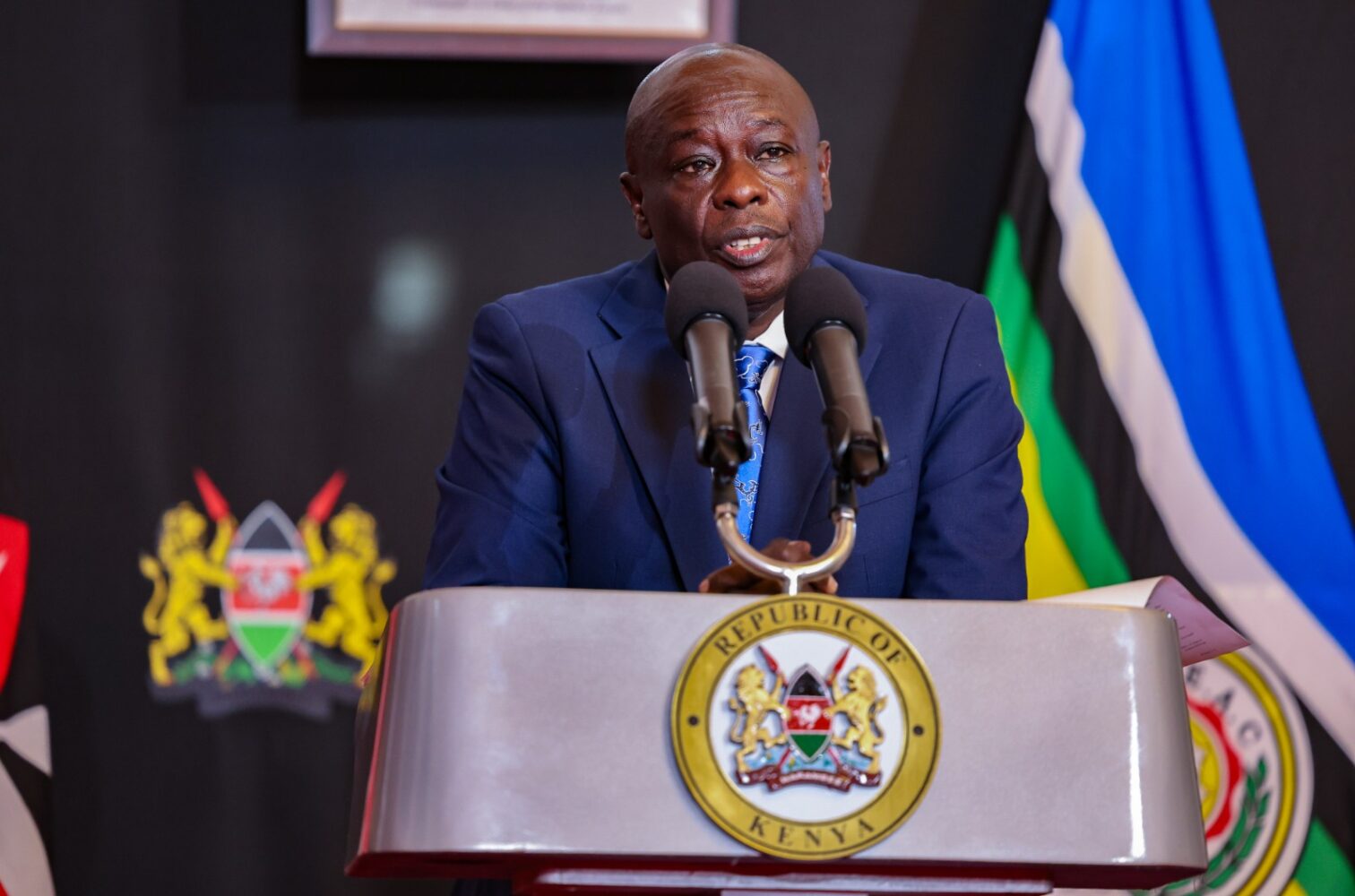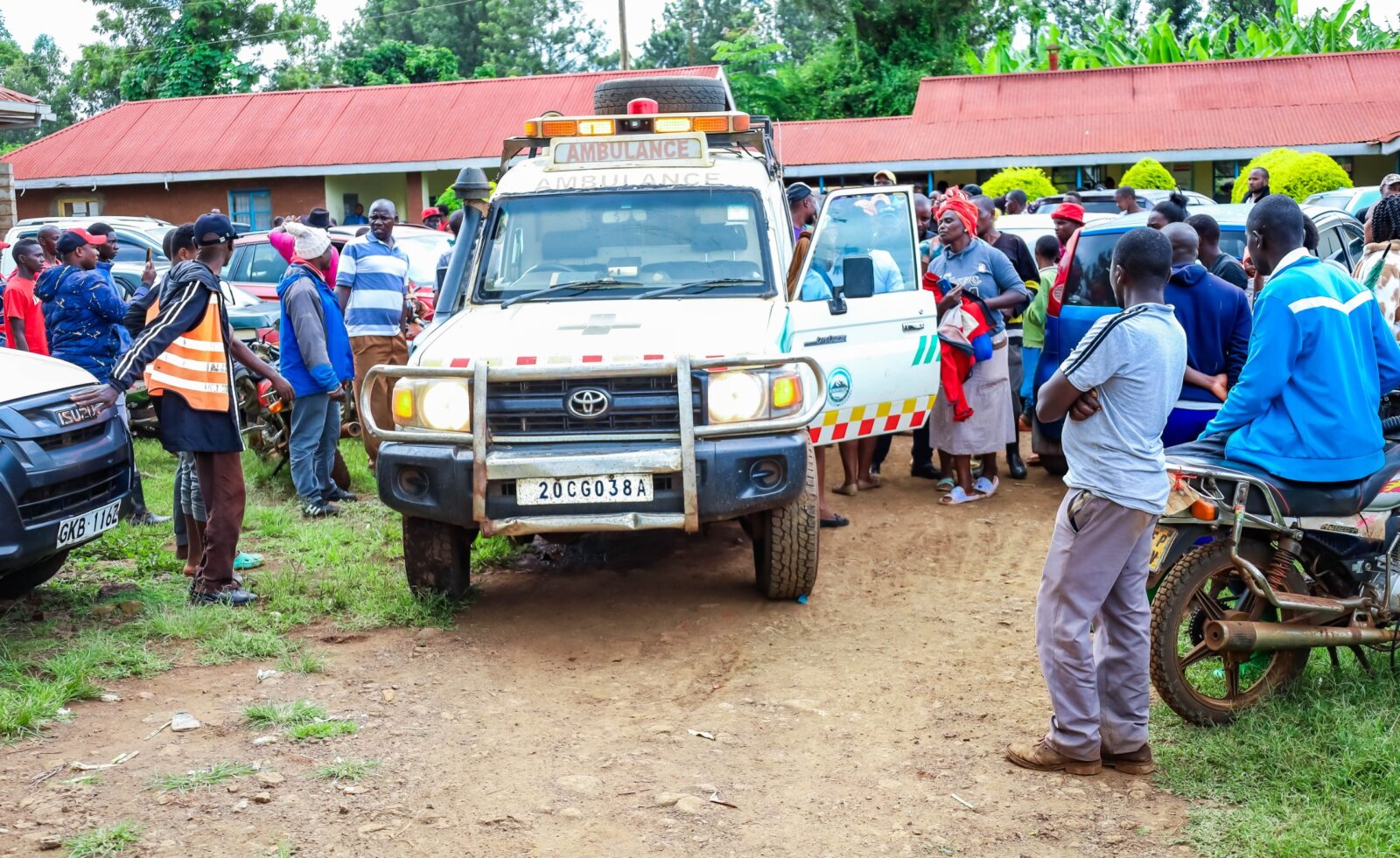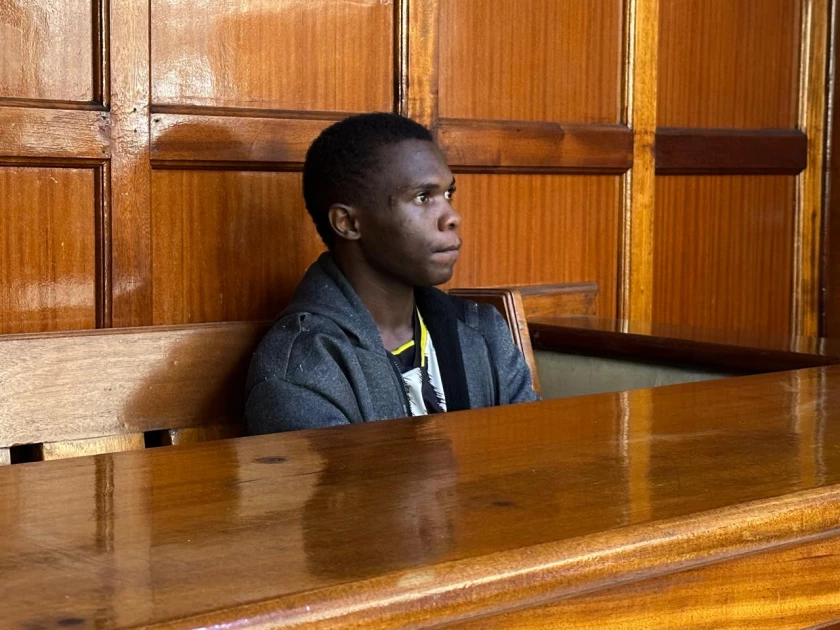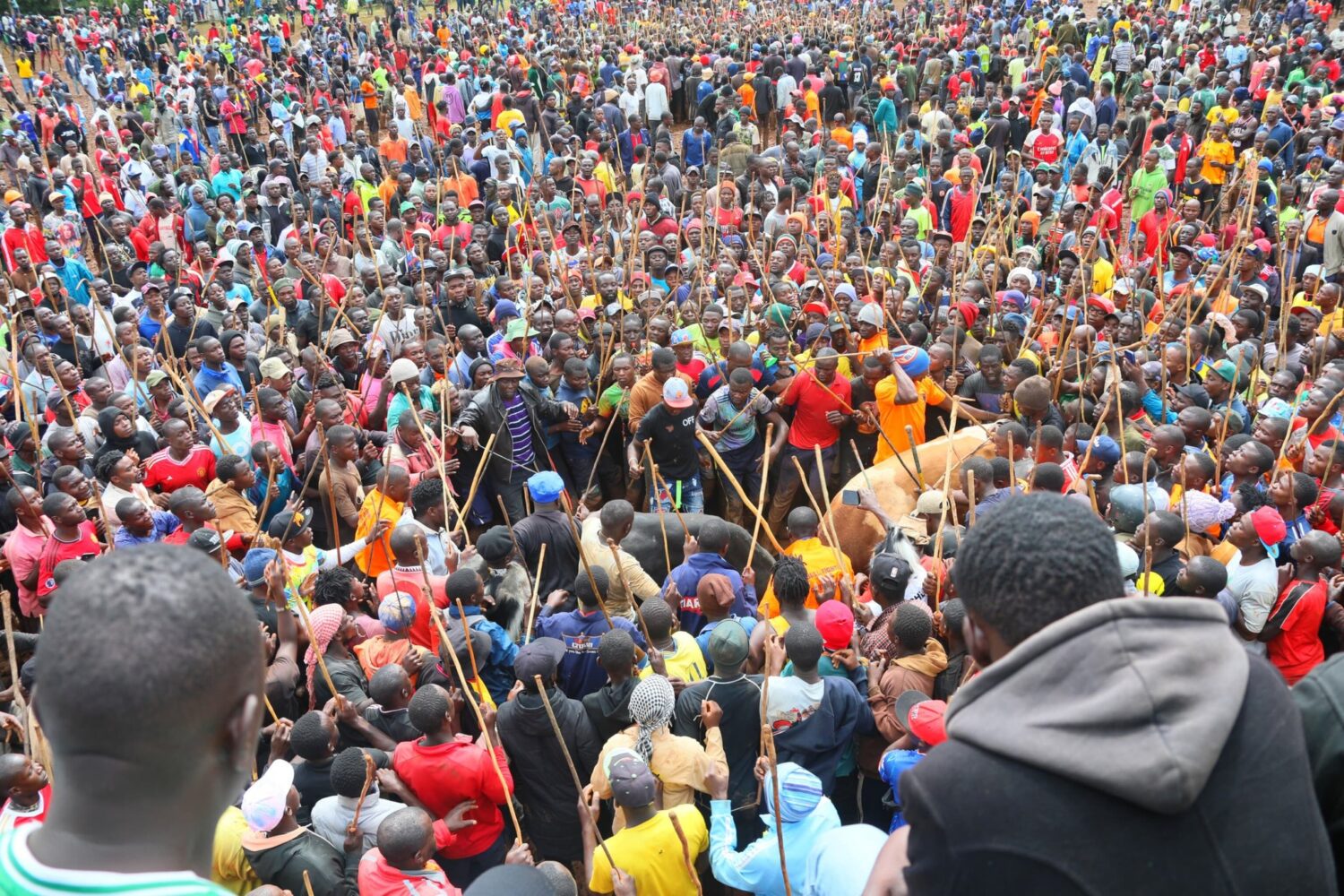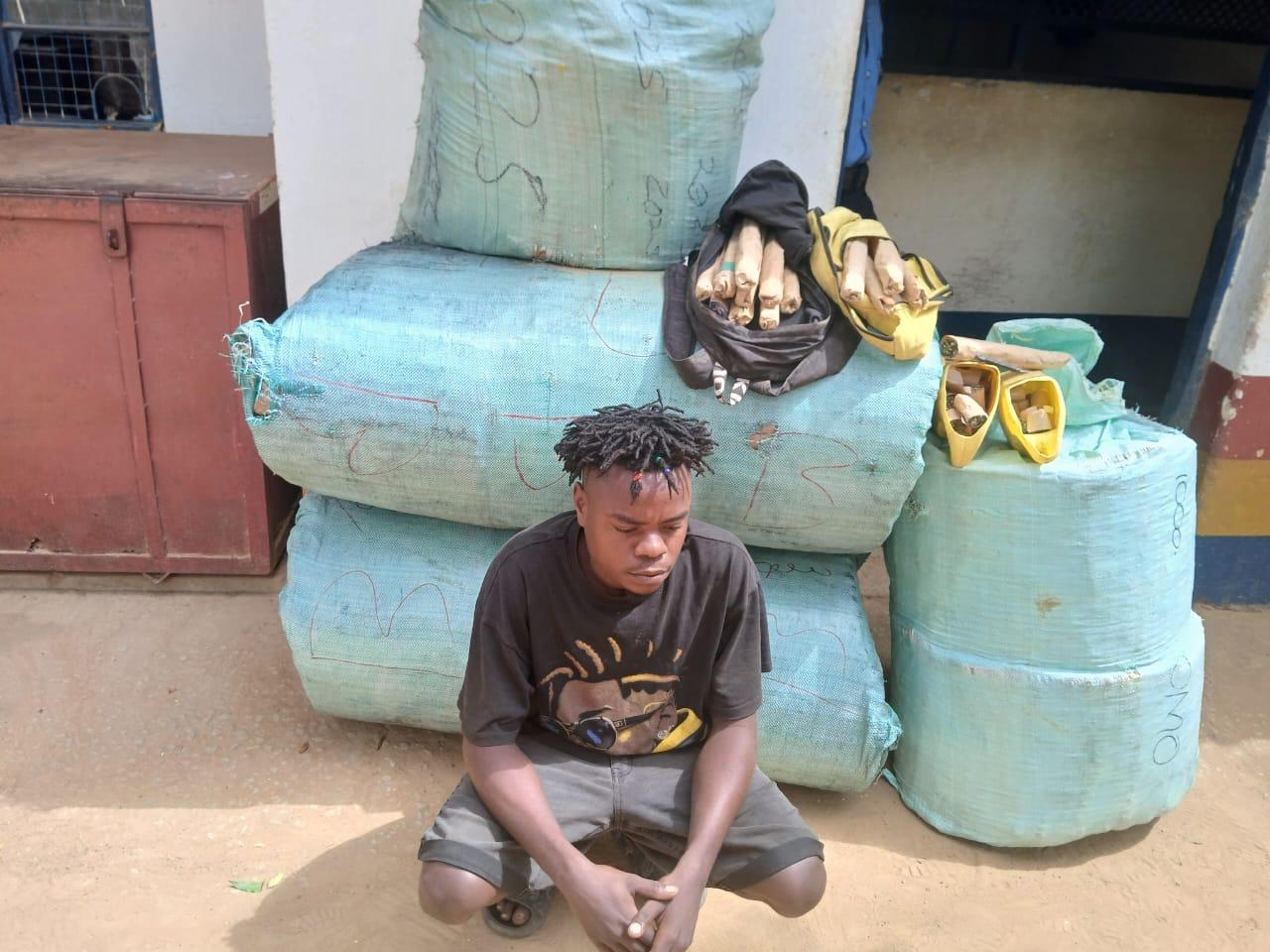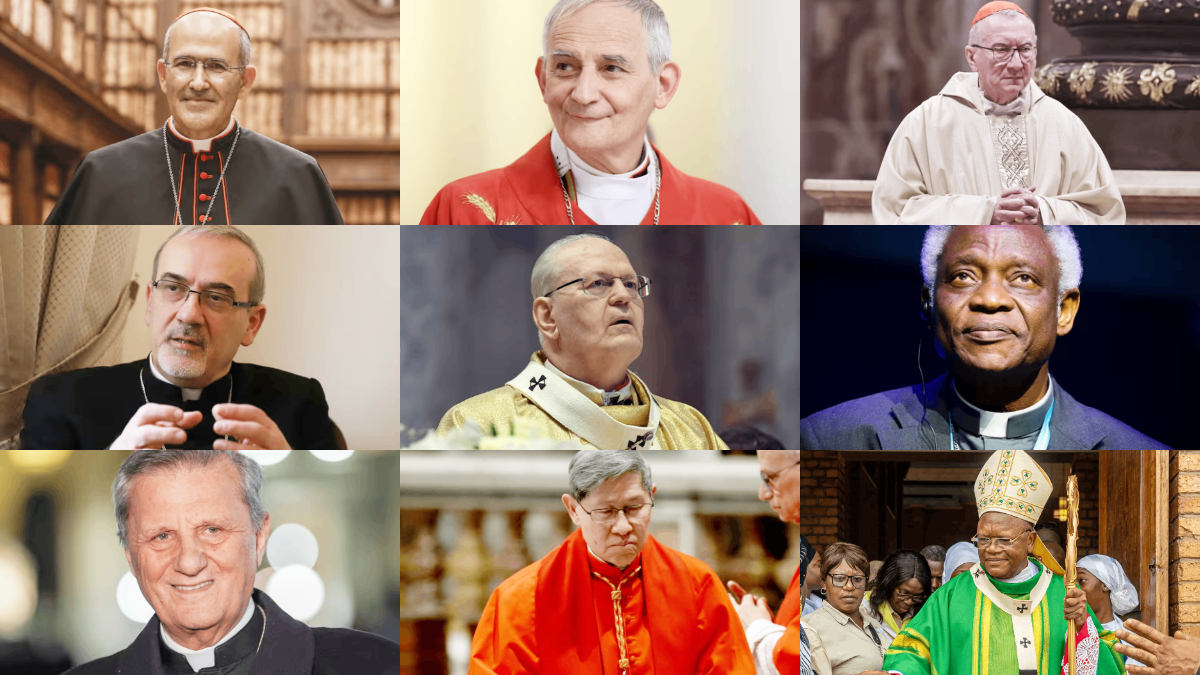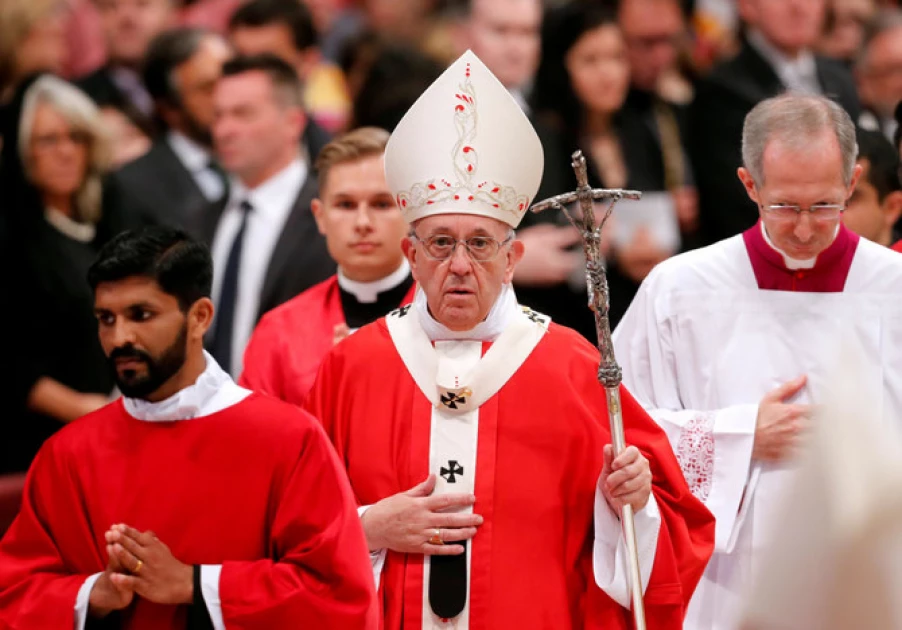Members of Parliament (MPs) on Tuesday, October 8 voted to impeach Deputy President Rigathi Gachagua.
Gachagua was impeached after 281 MPs voted in support of an impeachment motion tabled by Kibwezi West MP Mwengi Mutuse.
During the voting process, only 44 MPs voted against the impeachment motion while only a single MP abstain from taking a vote.
Article 145(2) of the Constitution of Kenya dictates that for a deputy president to be impeached, at least two thirds of members of the House must vote to support the motion. 281 MPs is more than two thirds of the House.
What next?
“I will now notify the Speaker of the Senate of this resolution to impeach the deputy president within two days,” National Assembly Speaker Moses Wetangula said.
Within seven days after receiving notice of a resolution from the Speaker of the National Assembly, the Speaker of the Senate shall convene a meeting of the senate to hear charges against the Deputy President.
Subsequently, the Senate, by resolution, may appoint a special committee comprising eleven of its members to investigate the matter.
The special committee shall investigate the matter and report to the Senate within ten days whether it finds the particulars of the allegations against the President to have been substantiated. The Deputy President shall have the right to appear and be represented before the special committee during its investigations.
If the committee finds that the grounds of impeachment were substantiated, a voting shall be conducted for final outcome. If at least two-thirds of all the members of the Senate vote to uphold any impeachment charge, the Deputy President shall cease to hold office.
Gachagua’s 11 grounds of impeachment
The particulars of the grounds of impeachment are that Gachagua engaged himself in acts of omission and commission that constitute offences under the constitution, international law and statutes.
On the first ground, Gachagua was accused of grossly violating Articles 10, 27, 73, 75, and 129 of the Constitution of Kenya.
On ground two, Gachagua allegedly violated Article 147(1) and 142(1) of the Constitution of Kenya. On ground three, MP Mutuse said that Gachagua had violated Articles 6(2), 10(2)(a), 174, 186(1), 189(1) as well as the fourth schedule of the Constitution of Kenya.
On ground four, it is claimed that Gachagua violated Article 161 of the Constitution of Kenya. Under ground 5, Gachagua allegedly grossly violated Article 3(1) as read together with Article 148(5)(a) of the Constitution.
On ground six, he was accused of committing crimes under Section 13(1)(a) and 62 of the National Cohesion and Integration Act.
On ground seven, Gachagua was accused of committing several crimes against the Anti-Corruption and Economic Crimes Act by using his office to unjustly enrich himself, and acquiring property well beyond KSh5.2 billion in a span of just two years.
Under ground eight (8), DP Gachagua has allegedly committed crimes against Section 132 of the Penal Code, and Section 29 of the Leadership and Integrity Act, by continuously misleading members of the public through false, malicious, divisive and inciteful remarks.
Under ground 9, MP Mutuse accused DP Gachagua of gross misconduct that is incompatible with the high calling and dignified status of the office of the deputy president. Being a member of Cabinet and National Security Council, Gachagua is accused of publicly undermining this institutions.
Under ground 10, he is accused of committing the offence of gross misconduct in the manner of insubordination of the presidency and the Kenyan state.
On the last ground, the motion accuses the second in command of committing crimes of gross misconduct by bullying and threatening public officials.


